Trade Groups Ask FCC to Loosen Engineer Certification, Broadband Label Rules
The agency had requested input on rules it could consider repealing.
Jake Neenan

WASHINGTON, April 14, 2025 – Broadband industry groups urged the Federal Communications Commission to eliminate the requirement that a licensed engineer certify broadband coverage filings, and to loosen rules around legally-mandated broadband “nutrition labels.”
The agency’s “Delete, Delete, Delete” docket, an open-ended call for input on rules the FCC should consider repealing, generated more than 850 comments as of Monday afternoon. Comments were due Friday, but filings submitted late on Friday were posted Monday. The initiative is part of a broader Trump administration push to slash regulations on businesses.
“Legacy rules force providers to maintain obsolete infrastructure no one uses, file outdated reports no one reads, and comply with paperwork requirements meant for a monopoly phone company in the 1980s, not the broadband-powered economy of 2025,” Jonathan Spalter CEO of the major broadband trade group USTelecom, said in a statement Friday.
The engineer licensing issue was raised by eight trade groups, including USTelecom, NCTA, CTIA, and the U.S. Chamber of Commerce. Spalter said USTelecom wanted to modify or eliminate 3,000 rules, although the group’s filing didn’t have a list. NCTA, which represents the cable industry, included a table with 78 provisions it sought to alter.
The groups asked the agency to permanently nix the requirement, generally arguing that many engineers with expertise in broadband networks may not have gone through the professional engineering, or PE, certification process, and that retaining one who had would be too expensive for smaller providers.
“A PE certification requirement could delay the availability of mapping data, undercutting the timeliness that is essential to all stakeholders,” USTelecom wrote.
Since 2022, the FCC has been collecting more granular broadband coverage data from providers every six months. Under the original rules those filings had to be certified by a licensed engineer or a corporate engineering officer, but the agency has so far waived the licensing requirement in response to provider concerns. People with certain levels of education and experience can sign off on submissions
The existing waivers do not extend to the upcoming filing window that will open in July.
Some groups representing rural providers, the Rural Wireless Association and NTCA, had opposed the waivers for ISPs above a certain size, arguing concerns were overblown and the measure was necessary to ensure accuracy, which NTCA argued was in some cases inadequate. Both groups submitted filings in the docket Friday, but neither mentioned the licensed engineer requirement.
“Small ISPs are right about the cost of this,” telecom consultant Doug Dawson wrote in a January blog on the expiring waiver. “I know a few who were quoted a cost of $10,000 for the PE stamp of the maps back when it looked like this requirement was going to go into effect.”
Nutrition labels
Seven of the eight groups that asked to end the professional engineer requirement also asked for looser rules around broadband nutrition labels.
All ISPs have been required to display broadband labels at the point of sale since October 2024. They include information on actual speeds, total long-term monthly price, state or local government fees, and other information intended to allow users to better compare plans between providers.
The precise requests varied, but USTelecom, CTIA, and the Chamber of Commerce, among others, did not want to be required to show the label on the point-of-sale, asking instead for the option to show a link users would have to click to access the information. Some also opposed the mandate to provide physical copies in store.
“Providers are best positioned to determine the most effective way to display their own service offerings, and the Commission should provide the flexibility envisioned by the [advisory committee] with respect to this requirement,” USTelecom wrote.
The FCC’s consumer advisory committee had told the agency that disclosures should, “at a minimum, be a conspicuous link or icon in close proximity to the advertised service plan that connects the consumer to the relevant label.”
Groups also repeatedly asked to rescind the requirement to display local and state fees. They said maintaining repositories of charges for each locality in which they operated was unwieldy.
Data breach rules, SEC fines without a jury trial
ISPs also consistently flagged the FCC’s recently expanded data breach rules, which brought more notification requirements and expanded the scope of data covered by the rules. They’re currently being challenged in court – judges heard arguments in December.
Companies have argued some personally identifying information isn’t covered by the law that governs FCC privacy authority, and that the adopted rules were too similar to ones that were struck down by Congress in 2017.
Groups argued that the agency should reform its enforcement procedures in light of a Supreme Court case that found the Securities and Exchange Commission couldn’t levy civil fines without a jury trial, and adopt less stringent digital discrimination rules.
The three major wireless carriers have argued in court the SEC case invalidates more than $200 million in fines handed down for not vetting parties who purchased customer location data.
The digital discrimination rules, mandated by the Infrastructure Investment and Jobs Act of 2021 and intended to prevent gaps in broadband access based on race, income level, and other characteristics, are currently being challenged in court. ISPs argue they should only be held in violation if they purposefully deprive a certain group of broadband access.


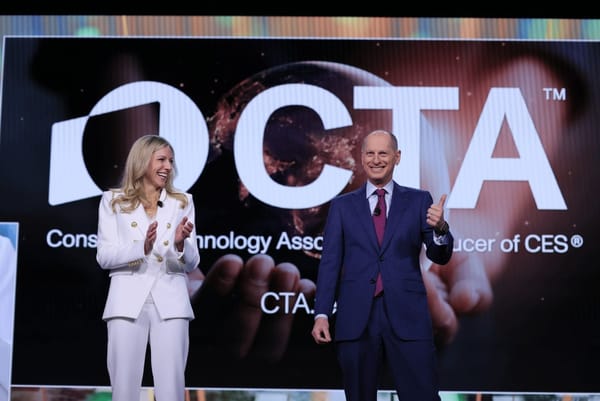

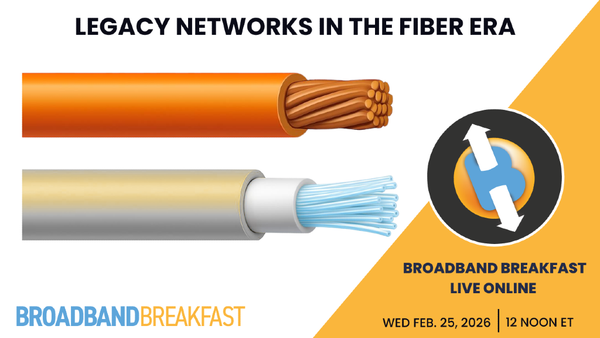
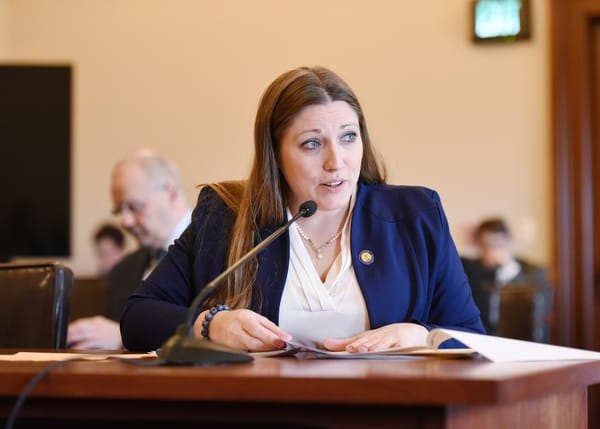
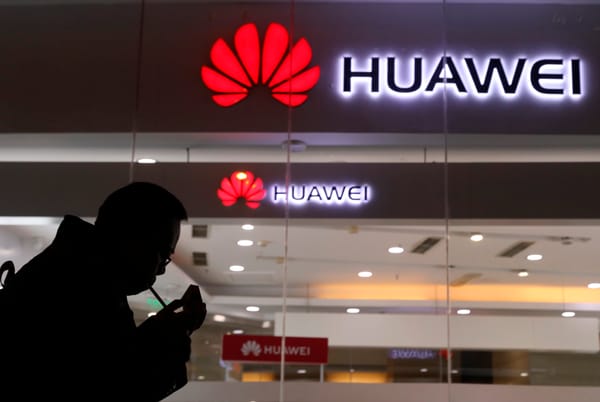



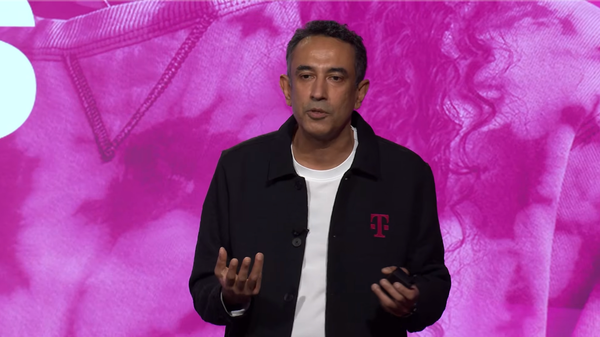
Member discussion